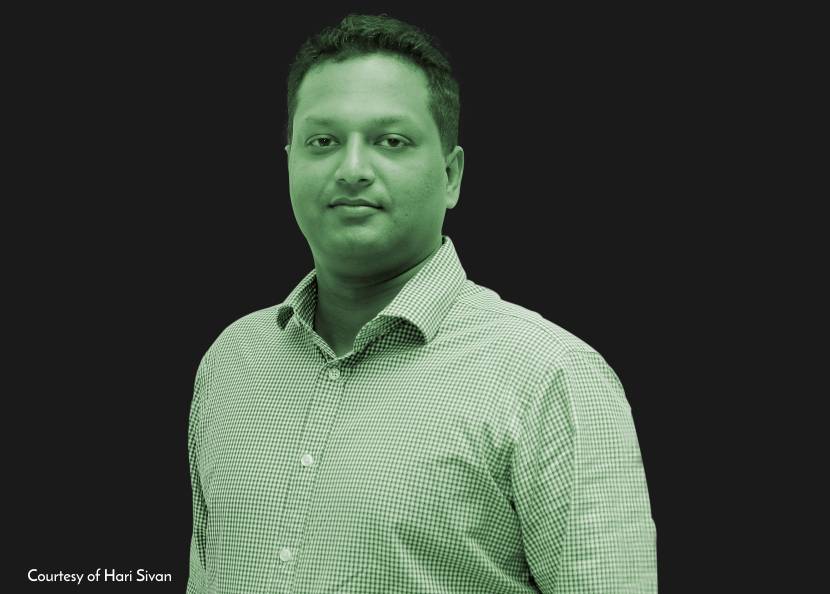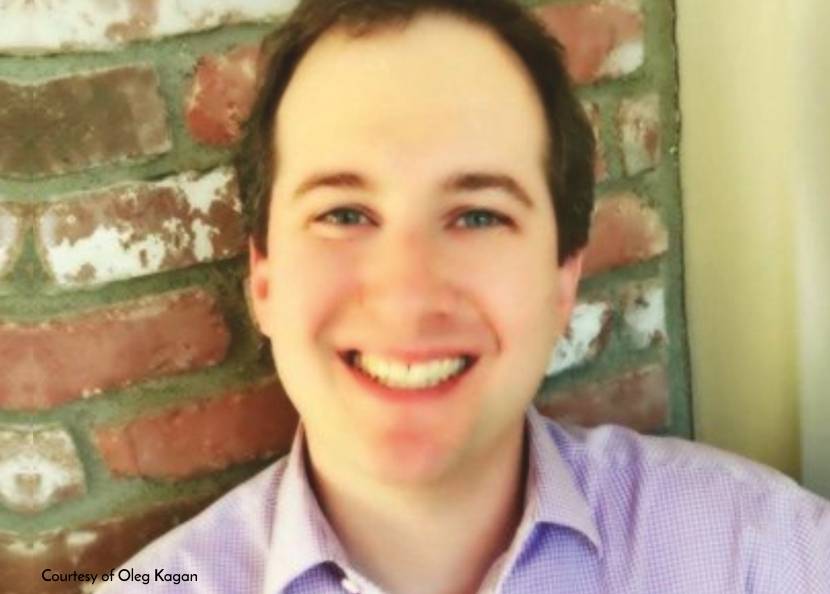Shout for Cash

Shout for Cash: How regularly do you wind up in critical need of cash but there’ no ATM near you? Quite a few times perhaps. And the solution, obviously, is to find one. In any case, imagine a scenario where you don’t feel like looking. Then, what’s the solution? You’d say there won’t be any except maybe bank. Perhaps not. Enters SoCash, a Singapore-based startup that wants to enable you to get cash wherever you are.
Established in late 2016 as an efficient platform for enabling convenient cash access, SoCash taps into the Singapore’s dependence on cash while making the distribution networks of banks more efficient. And the company is doing it by turning ordinary stores and minimarts into cashpoints. This is as SoCash app allows bank customers to withdraw cash from stores as they would at any normal ATM.
While countries around the world seemingly gearing towards electronic payments in lieu of cash, the interesting thing is that the utopian cashless vision never really took off despite the millions of dollars being invested into wallets and other alternatives. Even in Singapore, where FinTech solutions are growing every day, cash is still very relevant. This is as there are 20 million cash withdrawals every month worth SGD5 billion taking place on average, despite the many cashless modes of payment now available. The common problems attributed to cash is not because of its capabilities to transmit value but lies with the inefficiency of the cash supply chain which is expensive and consists of over-engineered hardware. That is when Hari Sivan, soCash’s founder and CEO realized the need to re-engineer the supply chain; namely by converting everyday marts into cash-processing centers that are connected to soCash’s software network.
Converting everyday marts into cash-processing centers
As SoCash’s technology plugs directly into a bank’s APIs, users can place a cash order via the app and choose a nearby merchant to pick cash from. Following that, the app will deduct the selected amount from the customer’s account. This is all done digitally without the need for a card or even a PIN code. For the service, banks pay SoCash a transaction fee that the company then shares with the merchant – thereby promoting a financial inclusion within the valuable cash distribution economy.
Furthermore, the installation of SoCash in mini-marts provides a marketing platform for these small shops. More people walk in, increasing their productivity. For the economy, SoCash increases access to cash, which can then be lent out for loans and businesses, increasing productivity.
It’s also notable that SoCash screens its merchants carefully via a grading system which is not totally unlike those found on ride-sharing apps. If a user keeps cancelling their pick-up points at certain merchants (for reasons such as crumpled or torn banknotes), the merchant’s ratings will take a hit and SoCash will consider relooking into its partnership with the store.
The journey from scratch to cash
Before starting SoCash, Hari was previously a banker at Citibank and HSBC, where he always wondered why mobile wallets and payments never really took off despite the millions of dollars being invested in them. Growing up in India, Hari was accustomed to seeing scores of people forming long lines at the very few ATMs present within a single area. That was never going to be enough to aptly meet the people’s demand for cash. However, the idea behind starting SoCash came at around 2016 when Hari saw that digital banking transformation would follow the e-commerce trends where O-2-O platforms are essential for flow of value.
However, today, as the CEO of SoCash, Hari feels vindicated as the appetite for cash has never been greater. Even in Singapore, cash circulation has grown to 8.8 percent of the national GDP; a staggering increase since his team developed the initial prototype for soCash.
“Still, our journey, thankfully, has not been a solitary one. A significant factor to the success of soCash’s rollout is the support from our banking partners such as DBS and Standard Chartered. They realized that cash will be here to stay and rather than going full-steam towards creating their own cashless ecosystem, they would still need to serve the many customers who need cash in their wallets to make everyday purchases,” he affirms.
Converting stores into cashpoints can translate into more footfall for the merchant
In the initial phase of the company, the main challenges for Hari and the team came from the fixed mindsets that banks, individuals and some shops still possess towards conventional cash management and distribution. Certain banks and “first-generation” shops were reluctant to adopt Hari’s idea as they were more comfortable with the traditional ATM structure.
Fortunately, perceptions have changed. SoCash’s team dedicated itself to show how cash is paramount in everyday transactions across the world. For banks, it was to show how this solution can help reduce their cash management infrastructure costs and how converting stores into cashpoints can translate into more footfall for the merchant.
Continue to drive positive change and financial inclusion
Although, customers were hesitant with SoCash in the beginning, they (namely the banks SoCash worked with) saw the transformational potential the app can have for their business within the current financial climate. While going cashless is still a priority for them, they nevertheless realize that most of their own customers are still accustomed to cash and that their needs still need to be met.
SoCash entered into its first partnerships with DBS and POSB, which could leverage on their large country-wide network to better serve their customers. With the company’s reputation growing, SoCash attracted the interest of Standard Chartered and are now partnering with them to accelerate its ambition of bringing greater ease to cash-dependent societies.
Going further, SoCash is focusing on building platforms while connecting banks and retailers for user scenarios that intersect physical cash and electronic payments. As the team led by Hari scales beyond Singapore to larger markets in the ASEAN region, it is becoming clear that they are really driving positive change and financial inclusion.





